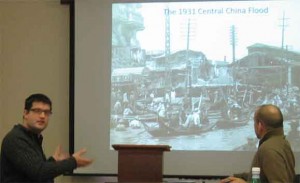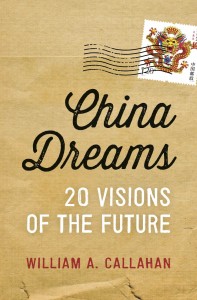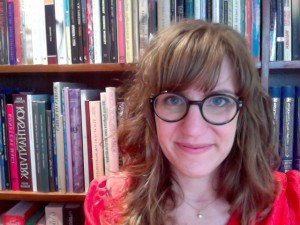Congratulations to BICC researcher Dr Anna Lora-Wainwright, whose new book Fighting for Breath: Living Morally and Dying of Cancer in a Chinese Village, has just been published by the University of Hawai’i Press.
Numerous reports of “cancer villages” have appeared in the past decade in both Chinese and Western media, highlighting the downside of China’s economic development. Less generally known is how people experience and understand cancer in areas where there is no agreement on its cause. Who or what do they blame? How do they cope with its onset? Fighting for Breath is the first ethnography to offer a bottom-up account of how rural families strive to make sense of cancer and care for sufferers. It addresses crucial areas of concern such as health, development, morality, and social change in an effort to understand what is at stake in the contemporary Chinese countryside.
Encounters with cancer are instances in which social and moral fault lines may become visible. Anna Lora-Wainwright combines powerful narratives and critical engagement with an array of scholarly debates in sociocultural and medical anthropology and in the anthropology of China. The result is a moving exploration of the social inequities endemic to post-1949 China and the enduring rural-urban divide that continues to challenge social justice in the People’s Republic. In-depth case studies present villagers’ “fight for breath” as both a physical and social struggle to reclaim a moral life, ensure family and neighborly support, and critique the state for its uneven welfare provision. Lora-Wainwright depicts their suffering as lived experience, but also as embedded in domestic economies and in the commodification of care that has placed the burden on families and individuals.
Fighting for Breath will be of interest to students, teachers, and researchers in Chinese studies, sociocultural and medical anthropology, human geography, development studies, and the social study of medicine.




